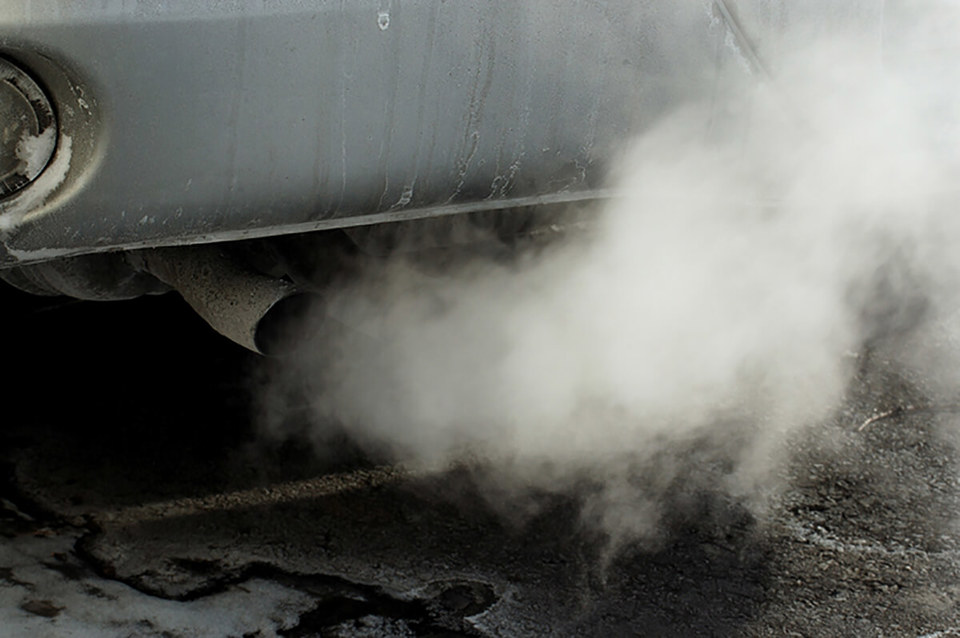Client Earth has written to the Government asking for clarification what it calls ‘disturbing holes’ in court-ordered plans to clean up illegal levels of air pollution.
The letter, which gives ministers 14 days to respond, highlights major questions which the Government’s plans leave unanswered, it says.
The plans, which were released on July 26, pass responsibility to 23 councils in England to find a solution to the air pollution crisis.
In the letter, Client Earth asks for immediate clarification about the guidance given to local authorities on how to evaluate the best ways of bringing air pollution down as soon as possible as well as how ministers will ensure that air quality limits are met across England.
The environmental law organisation also calls for clarity on how the Department for the Environment, Food and Rural Affairs (Defra) will assess plans from the 23 local authorities and how quickly this will be done.
Client Earth lawyer Anna Heslop, said: “We were extremely disappointed with the plans when they came out. They pass the buck to local authorities and leave some majors questions about process and funding.
“We are worried that ministers may be running away from their responsibility to ensure people across the UK are not breathing illegal levels of air pollution every day. We hope that the government’s answers will finally show a resolve to urgently tackle the UK’s toxic air. Up to now, that has been sadly lacking.”
Client Earth is also waiting for urgent clarification from the Scottish and Welsh governments as to their and DEFRA’s plans to clean up illegal levels of air pollution in the devolved nations.
The plans released by the Government were the result of Client Earth’s second successful court case against ministers to clean up illegal levels of nitrogen dioxide (NO2) air pollution in the UK. There are illegal levels of NO2 in 37 out of 43 zones in the UK.
Client Earth has called for a national network of clean air zones, which would keep the most polluting vehicles away from the most polluted areas of our towns and cities. This, it says, should be accompanied by a diesel scrappage scheme and other incentives to help people move to cleaner forms of transport.




















Login to comment
Comments
No comments have been made yet.